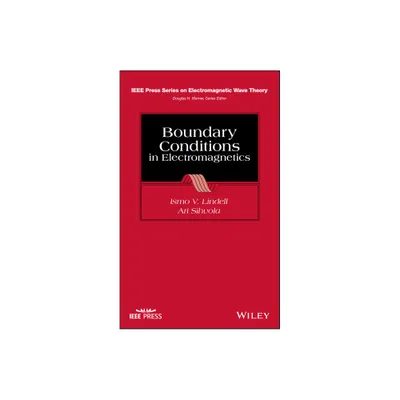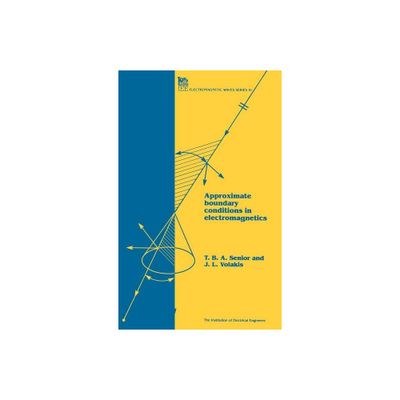Home
Received Wisdom, Kernels of Truth, and Boundary Conditions Organizational Studies
Loading Inventory...
Barnes and Noble
Received Wisdom, Kernels of Truth, and Boundary Conditions Organizational Studies
Current price: $110.24


Barnes and Noble
Received Wisdom, Kernels of Truth, and Boundary Conditions Organizational Studies
Current price: $110.24
Loading Inventory...
Size: Hardcover
*Product Information may vary - to confirm product availability, pricing, and additional information please contact Barnes and Noble
This volume of the Research in Organizational Sciences is entitled "Received Wisdom, Kernels of Truth, and Boundary Conditions in Organizational Studies". Received wisdom is knowledge imparted to people by others and is based on authority and tenacity as sources of human knowledge. Authority refers to the acceptance of knowledge as truth because of the position and credibility of the knowledge source. Tenacity refers to the continued presentation of a particular bit of information by a source until this bit of information is accepted as true by receivers. The problem for organizational studies, however, is that this received wisdom often becomes unquestioned assumptions which guide interpretation of the world and decisions made about the world. Received wisdom, therefore, may lead to organizational practices which provide little or no benefit to the organization and, potentially, negative organizational effects, because this received wisdom is no longer valid. The 14 papers in this volume all, in some way, strive to question received wisdom and present alternatives which expand our understanding of organizational behavior in some way. The chapters in this volume each strive to present new ways of understanding organizational constructs, and in so doing reveal how received wisdom has often led to confirmation bias in organizational science. The knowledge that some perceived truths are actually the products of received wisdom and do not stand up to close scrutiny shakes up things within research areas previously thought settled allowing new perspectives on organizational science to emerge.


















